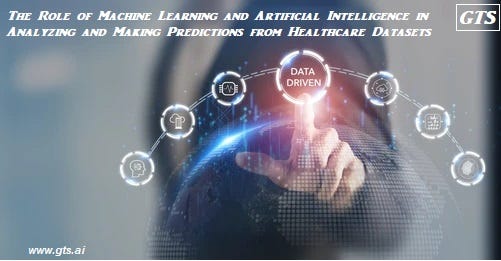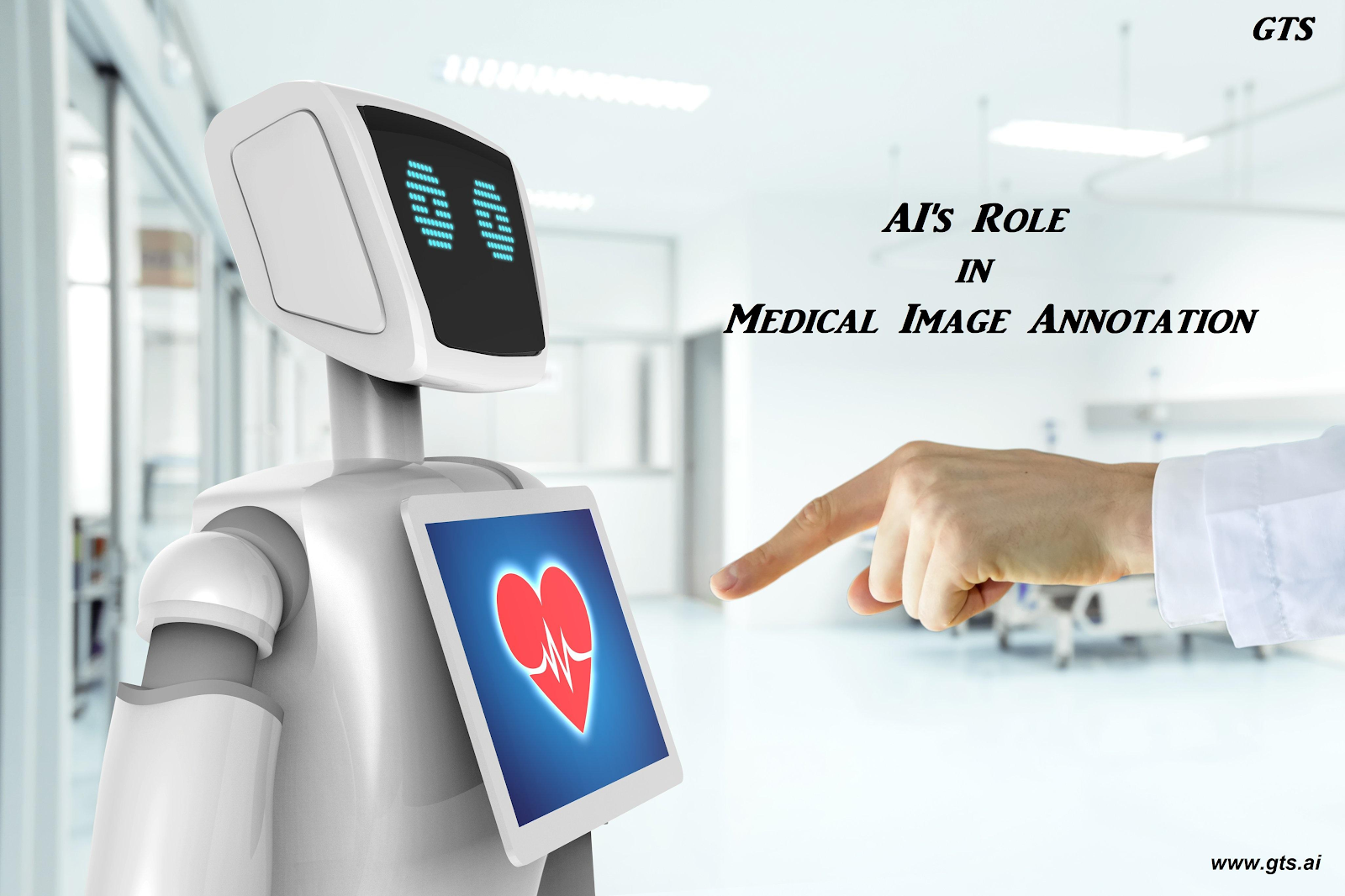The Role of Machine Learning and Artificial Intelligence in Analyzing and Making Predictions from Healthcare Datasets
Machine learning and artificial intelligence (AI) have rapidly emerged as powerful tools for analyzing and making predictions from large, complex datasets. In the healthcare industry, machine learning and AI have the potential to transform the way we approach patient care, clinical decision-making, and public health policies. In this blog, we’ll take a closer look at the role of machine learning and AI in healthcare, including their potential benefits and challenges.

What is Machine Learning and AI?
Machine learning is a subfield of artificial intelligence that focuses on the development of algorithms that can learn from data and make predictions or decisions. Machine learning algorithms can be trained on large datasets and can identify patterns and relationships within the data that might not be apparent to human analysts. In the context of healthcare, machine learning can be used to analyze patient data and develop models that can predict outcomes or identify patients who are at risk of developing certain conditions.
Artificial intelligence refers to systems that are designed to simulate human intelligence, including the ability to learn, reason, and make decisions. AI systems can be used to perform a wide range of tasks, from image recognition and natural language processing to decision-making and autonomous control. In the context of healthcare, AI can be used to assist with diagnosis, treatment planning, and clinical decision-making.
Applications of Machine Learning and AI in Healthcare Machine learning and AI have the potential to revolutionize the healthcare industry by improving patient outcomes, increasing efficiency, and reducing costs.
Here are some examples of how these technologies are being used in healthcare:
- Diagnosis and Treatment Planning: Machine learning algorithms can be trained on large datasets of medical images, such as X-rays, CT scans, and MRIs, to identify patterns and anomalies that might indicate a certain condition. This can help radiologists and other medical professionals to make more accurate diagnoses and develop more effective treatment plans.
- Clinical Decision-Making: AI systems can be used to analyze patient data and develop models that can predict which patients are at risk of developing certain conditions or which treatments are most likely to be effective for a particular patient. This can help medical professionals make more informed decisions about patient care.
- Disease Surveillance: Machine learning and AI can be used to analyze population-level health data, such as electronic health records and social media posts, to identify disease outbreaks and monitor disease trends in real time. This can help public health officials to respond more quickly and effectively to public health emergencies.
- Drug Discovery: Machine learning and AI can be used to analyze large datasets of molecular and genetic information to identify new drug targets and develop more effective treatments for diseases.
Challenges and Limitations of Machine Learning and AI in Healthcare While machine learning and AI have the potential to transform the healthcare industry, there are also several challenges and limitations that must be considered. These include:
- Data Quality: The accuracy and completeness of healthcare datasets can vary widely, which can impact the performance of machine learning and AI algorithms. Inaccurate or incomplete data can lead to inaccurate predictions or decisions.
- Bias: Machine learning and AI algorithms can be biased if they are trained on datasets that are not representative of the population being studied. This can lead to inaccurate predictions or decisions that disproportionately impact certain groups of patients.
- Interpretability: Machine learning and AI algorithms can be difficult to interpret, which can make it challenging for medical professionals to understand how predictions and decisions are being made.
- Regulatory and Ethical Issues: The use of machine learning and AI in healthcare raises a number of regulatory and ethical issues, including concerns around data privacy, informed consent, and the potential for AI to replace human decision-making.
Machine learning and AI have the potential to revolutionize the way we approach patient care and clinical decision-making
Datasets and GTS
The impact of data on the healthcare sector is evident. Integration is becoming increasingly important to reap the rewards that data can offer the enterprise as big data transformation strategies like IT modernization and cloud environments take the lead. That’s why we at Global Technology Solutions aim to provide the best quality Healthcare datasets for your AI/ML models. We are experienced and have enough expertise to complete any sort of project.



Comments
Post a Comment